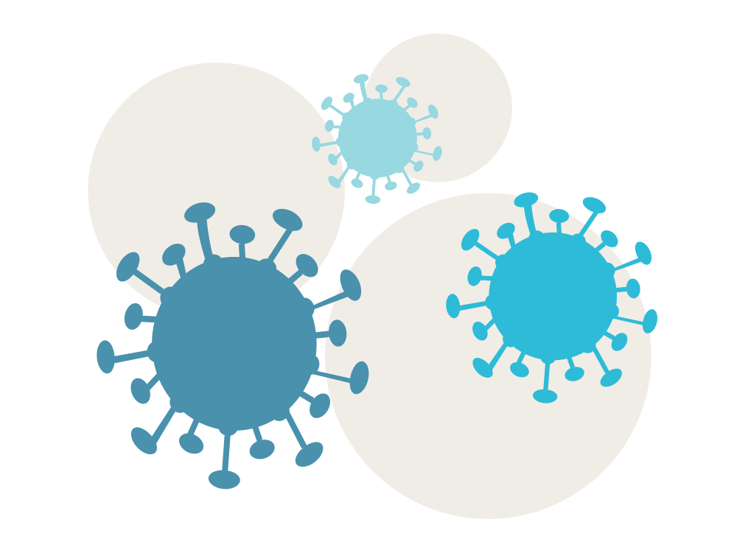After you have been vaccinated or have had COVID-19
Last update
This content is archived and will not be updated.

Vaccination and having had COVID-19 give good protection, but provides no guarantee against becoming infected (again) and infecting others. Here is a description of what is meant by being partially and fully vaccinated, and the advice and rules that apply to these groups.
This article is archived - the content has been moved to:
Coronavirus vaccine
For information about the coronavirus vaccine see these articles:
What is meant by primary vaccination, booster vaccination and partial vaccination?
Those who have completed their primary vaccination series (referred to in the COVID regulations as "fully vaccinated" include:
- Those who have received a second dose of vaccine. Status as vaccinated with primary vaccine series applies from 1 week after the second vaccine dose.
- Those who have had COVID-19 and at least 3 weeks later have received one dose of vaccine. Status as vaccinated with primary vaccine series applies from 1 week after the vaccine dose.
- Those who have received a single-dose vaccine, with effect from 3 weeks after vaccination.
- Those who received the first dose of vaccine and then, at least 3 weeks later, were diagnosed with COVID-19 infection. Status as fully vaccinated applies from the time the person is out of isolation.
- Those who have confirmed antibodies to SARS-CoV-2 by an approved laboratory method (with an antibody serology in a microbiological laboratory), and then received one vaccine dose. The vaccine dose may be given the same day as the test at the earliest. Status as vaccinated with primary vaccine series is valid 1 week following vaccination.
Those who are booster vaccinated are:
- Those who received an extra dose(s) after their primary vaccination series.
Those who are considered “partially vaccinated” are:
Those who have received the first dose of a vaccine (in a multi-dose regimen) at least 3 weeks ago.
- If the protection decreases over time, the advice may change.
The list of vaccines that are approved for the COVID-19 certificate can be found on this page:
Those covered by the term "risk group" are:
- Persons who are 65 years or older
- Persons from the age of 18 with certain defined diseases / conditions that increase the risk of severe disease course and death from COVID-19 (medical risk groups).
- See: Risk groups and their relatives
What advice applies if you are vaccinated or have had COVID-19 before and have newly-arisen respiratory tract symptoms?
Information on the advice that applies if you get new-onset respiratory symptoms can be found in the article


